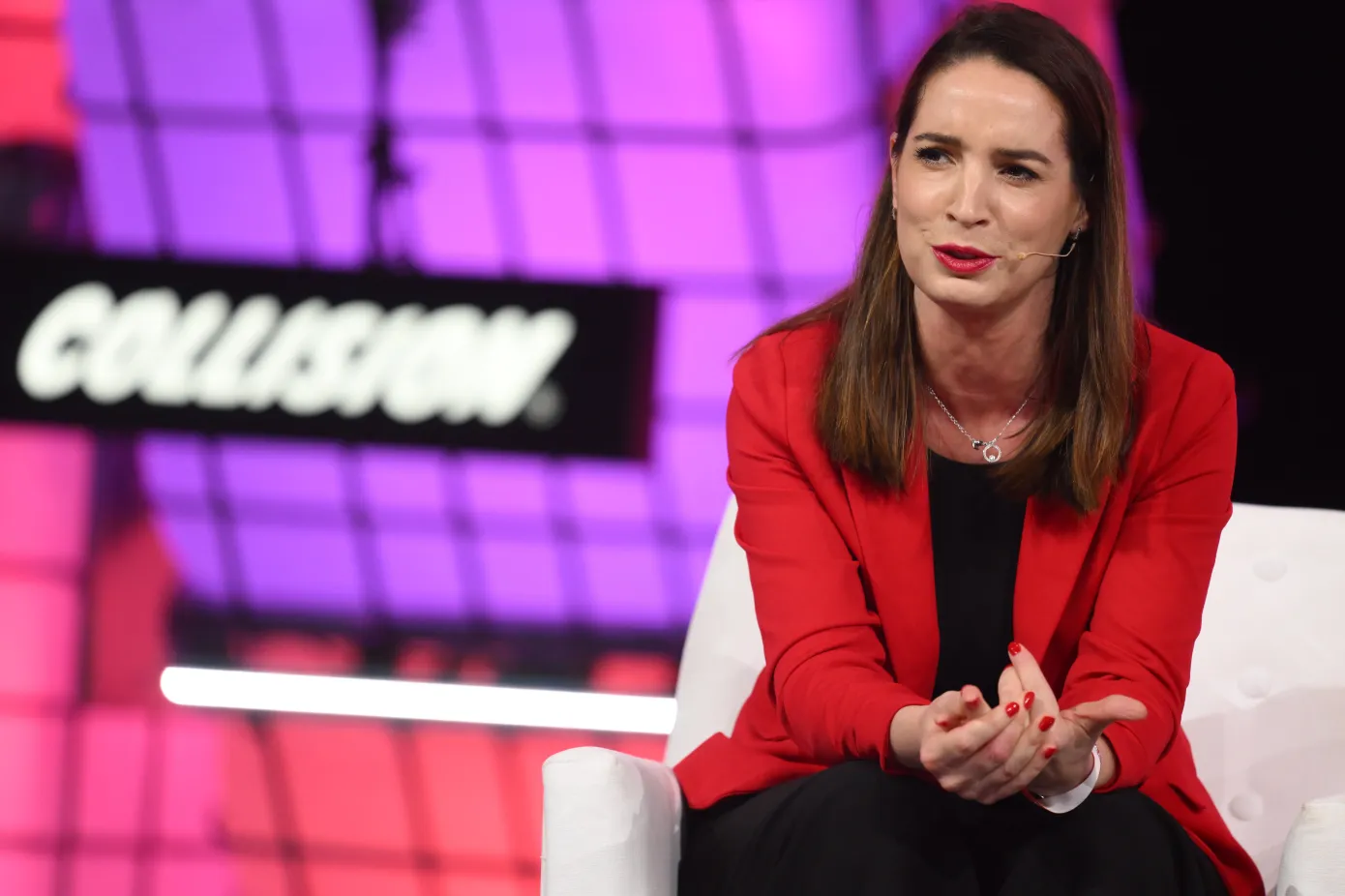Techstars, a well-known accelerator group, made headlines this week with a series of operational changes, including the closure of some of its city-based programs.
Criticism flooded social media channels from former members who argued that the renowned startup accelerator has veered away from its historically successful model: city-based operations in areas lacking other similar programs. A former Techstars managing director (MD) told TechCrunch that transitioning away from local fundraising for city-based accelerator programs was a misstep.
The forthcoming closure of its Boulder and Seattle accelerators follows the group’s decision to pause its Austin-based program, an event covered by TechCrunch in late 2023.
With its extensive global presence and lengthy track record of investing in early-stage startups, alterations to Techstars’ operations will undoubtedly impact founders and local venture ecosystems worldwide.

The local connection
Following Techstars’ decision to withdraw from certain markets, former Techstars Seattle managing director Chris DeVore penned a detailed critique of the group’s strategic decisions. DeVore criticized Techstars for centralizing its fundraising efforts and constructing programs with corporate sponsors as financial anchors.
The organization’s CEO, Maëlle Gavet, entered the discussion and publicly engaged in a dialogue with DeVore.
Privately, others echoed some of DeVore’s sentiments to TechCrunch. Another former managing director noted that having local limited partner investors in Techstars meant that more individuals in those cities had a vested interest in its local programs. However, when Techstars’ capital later originated from a centralized fund, there was less motivation for locals to ensure the success of startups in their vicinity.










